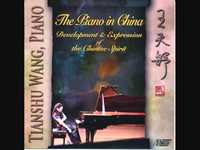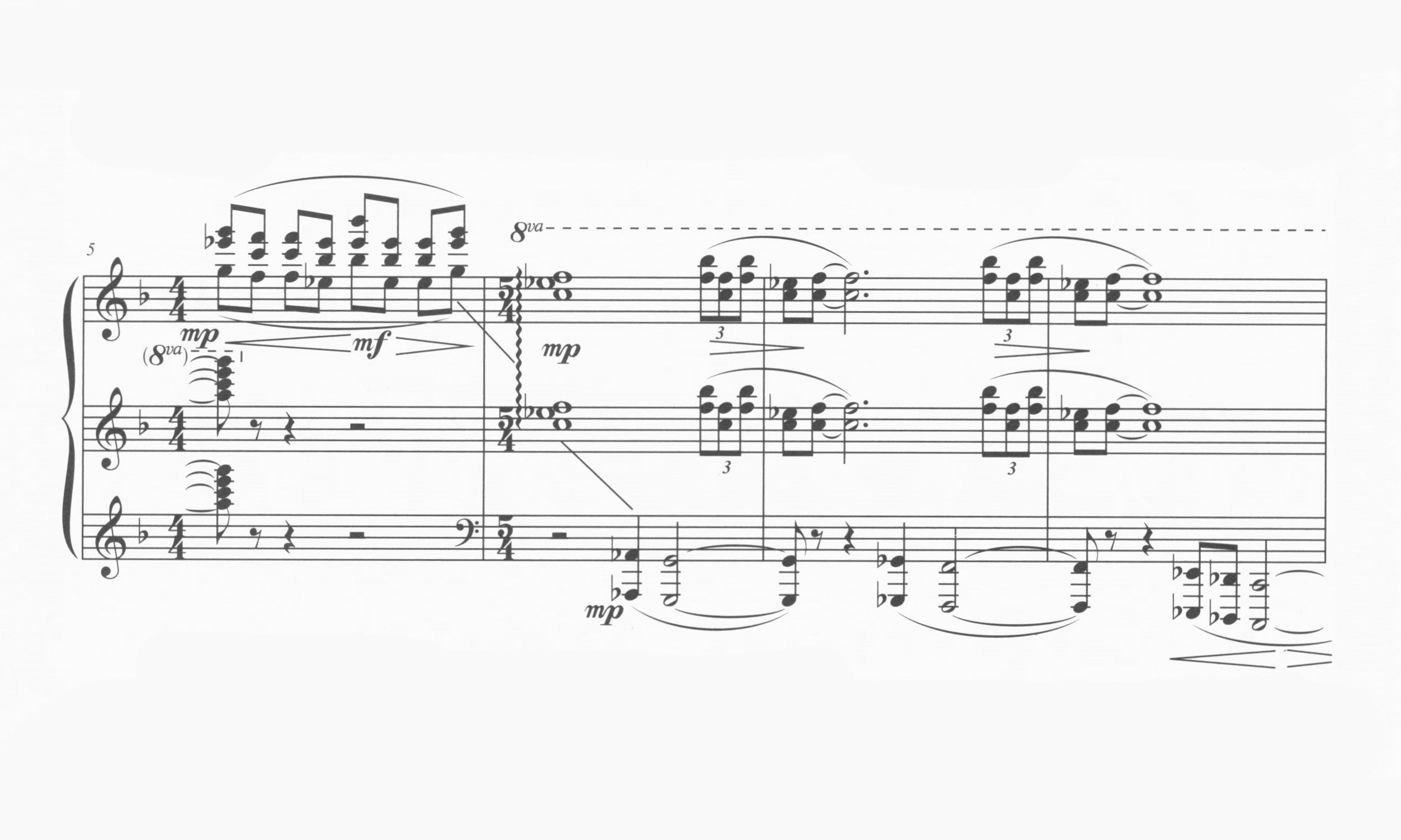Items
-
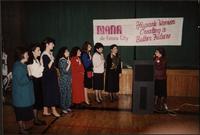 MANA de Kansas City Officers Swearing-In Freda Mendez-Smith (left) swears in eight new officers into MANA de Kansas City. From the MANA de Kansas City Collection, courtesy of La Budde Special Collections, UMKC Libraries.
MANA de Kansas City Officers Swearing-In Freda Mendez-Smith (left) swears in eight new officers into MANA de Kansas City. From the MANA de Kansas City Collection, courtesy of La Budde Special Collections, UMKC Libraries. -
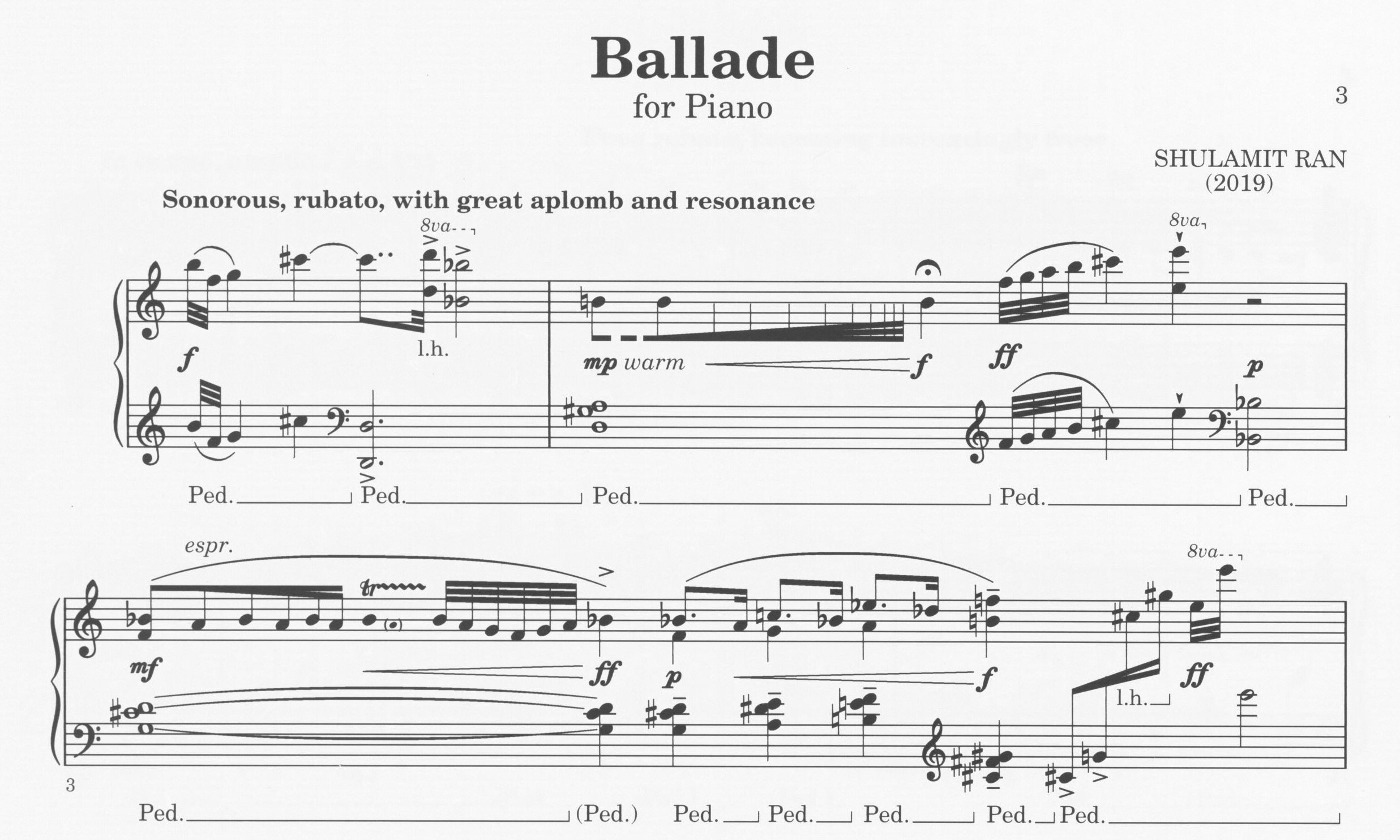 Ballade Shulamit Ran
Ballade Shulamit Ran -
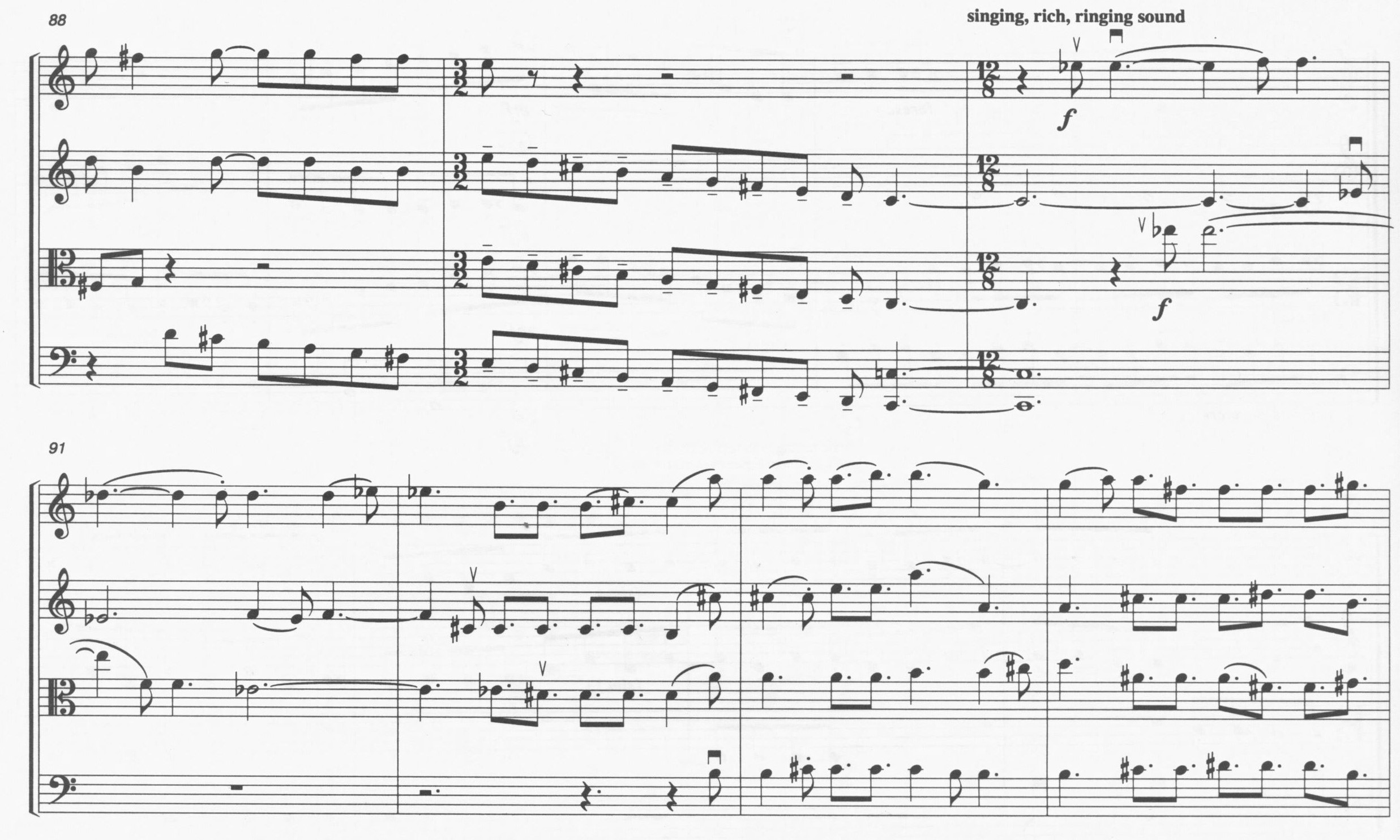 Symphony No. 1: Lake Voices Margaret Brouwer
Symphony No. 1: Lake Voices Margaret Brouwer -
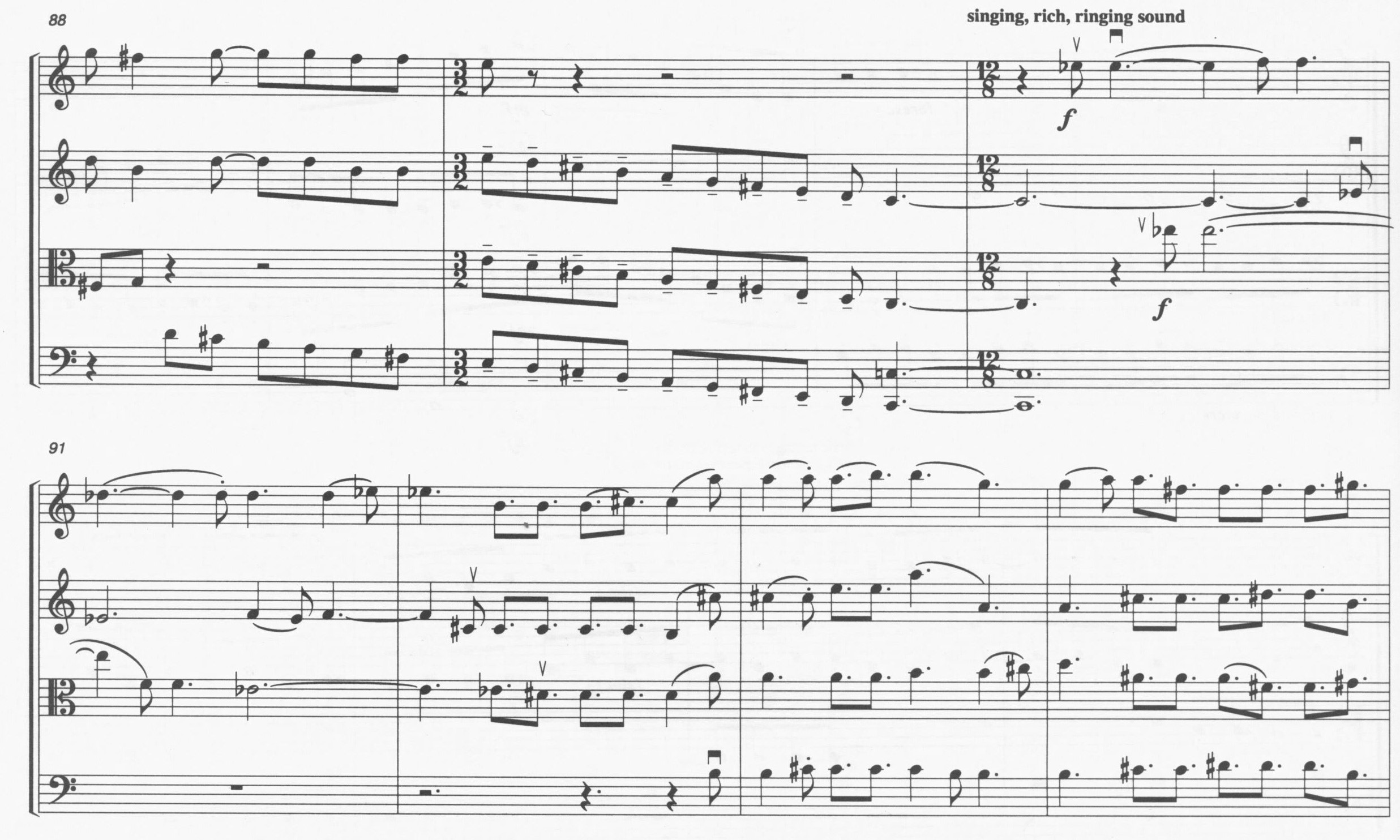 Demeter Prelude Margaret Brouwer
Demeter Prelude Margaret Brouwer -
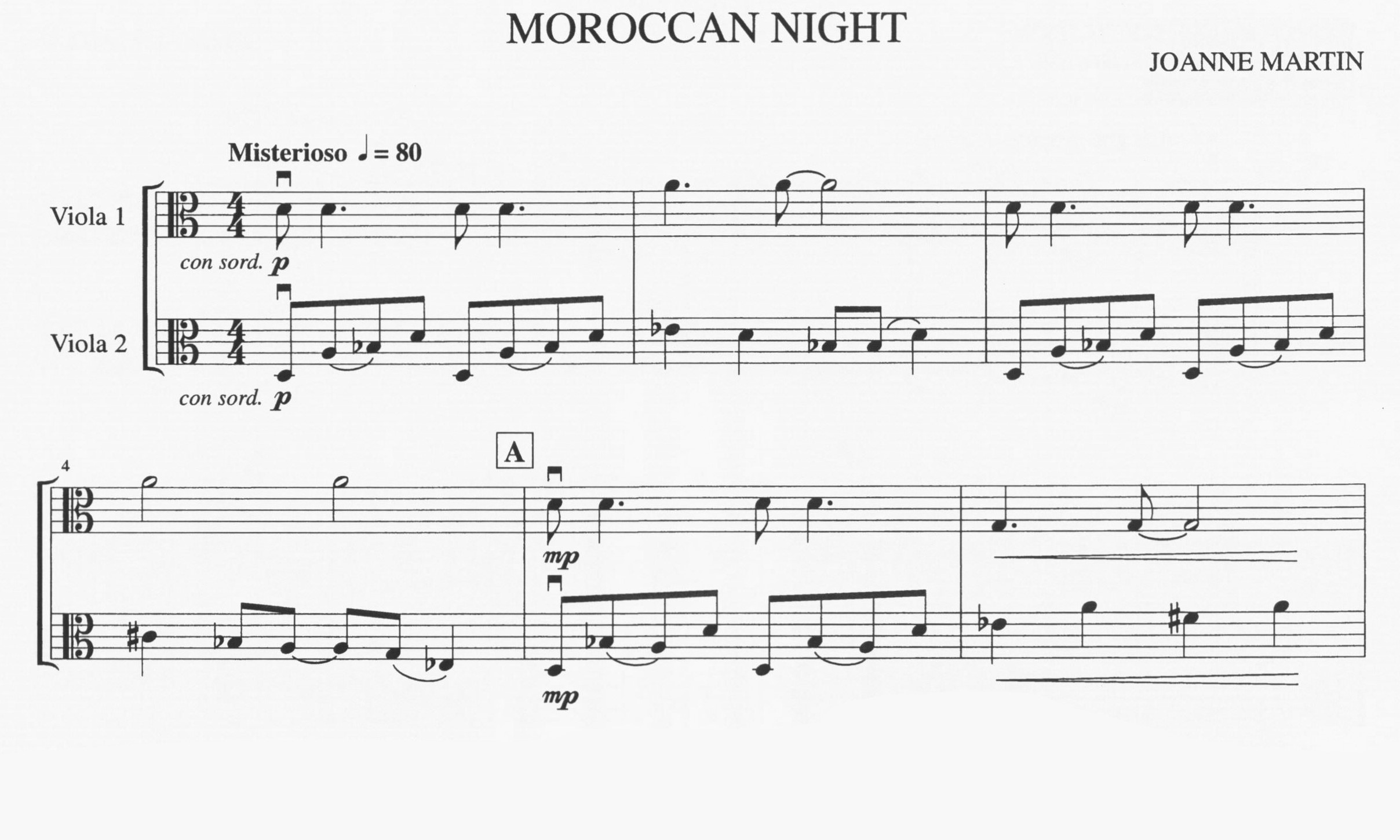 Violafest Joanne Martin
Violafest Joanne Martin -
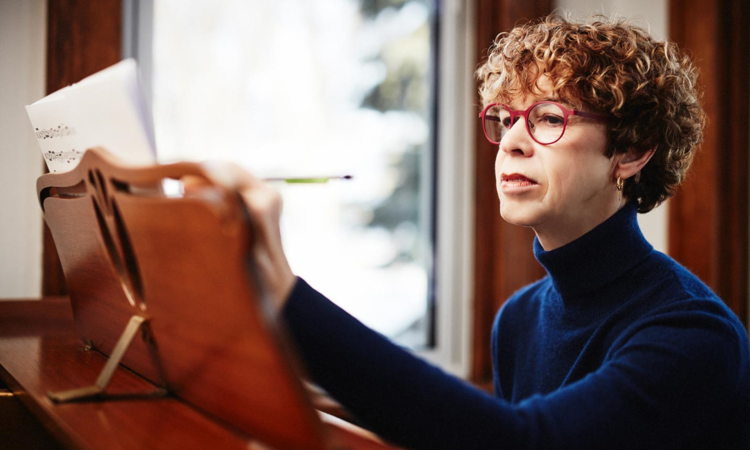 Joanne Martin Joanne Martin is a Canadian violist, composer, Suzuki teacher and Suzuki teacher trainer. Her career has included performing as a violist with numerous orchestral and chamber groups including the Winnipeg Symphony Orchestra, Manitoba Chamber Orchestra, and Concertante Chamber Players. Since her graduation from the University of Winnipeg, Joanne has taught using the Suzuki Method. She has been appointed a Suzuki Teacher Trainer by both the Suzuki Association of the Americas and the European Suzuki Association. Joanne now divides her time between Winnipeg, Canada and Montpellier, France. She has taught, lectured, and performed at prestigious conferences and workshops in many countries. Her compositions and arrangements are performed worldwide by students and professionals.
Joanne Martin Joanne Martin is a Canadian violist, composer, Suzuki teacher and Suzuki teacher trainer. Her career has included performing as a violist with numerous orchestral and chamber groups including the Winnipeg Symphony Orchestra, Manitoba Chamber Orchestra, and Concertante Chamber Players. Since her graduation from the University of Winnipeg, Joanne has taught using the Suzuki Method. She has been appointed a Suzuki Teacher Trainer by both the Suzuki Association of the Americas and the European Suzuki Association. Joanne now divides her time between Winnipeg, Canada and Montpellier, France. She has taught, lectured, and performed at prestigious conferences and workshops in many countries. Her compositions and arrangements are performed worldwide by students and professionals. -
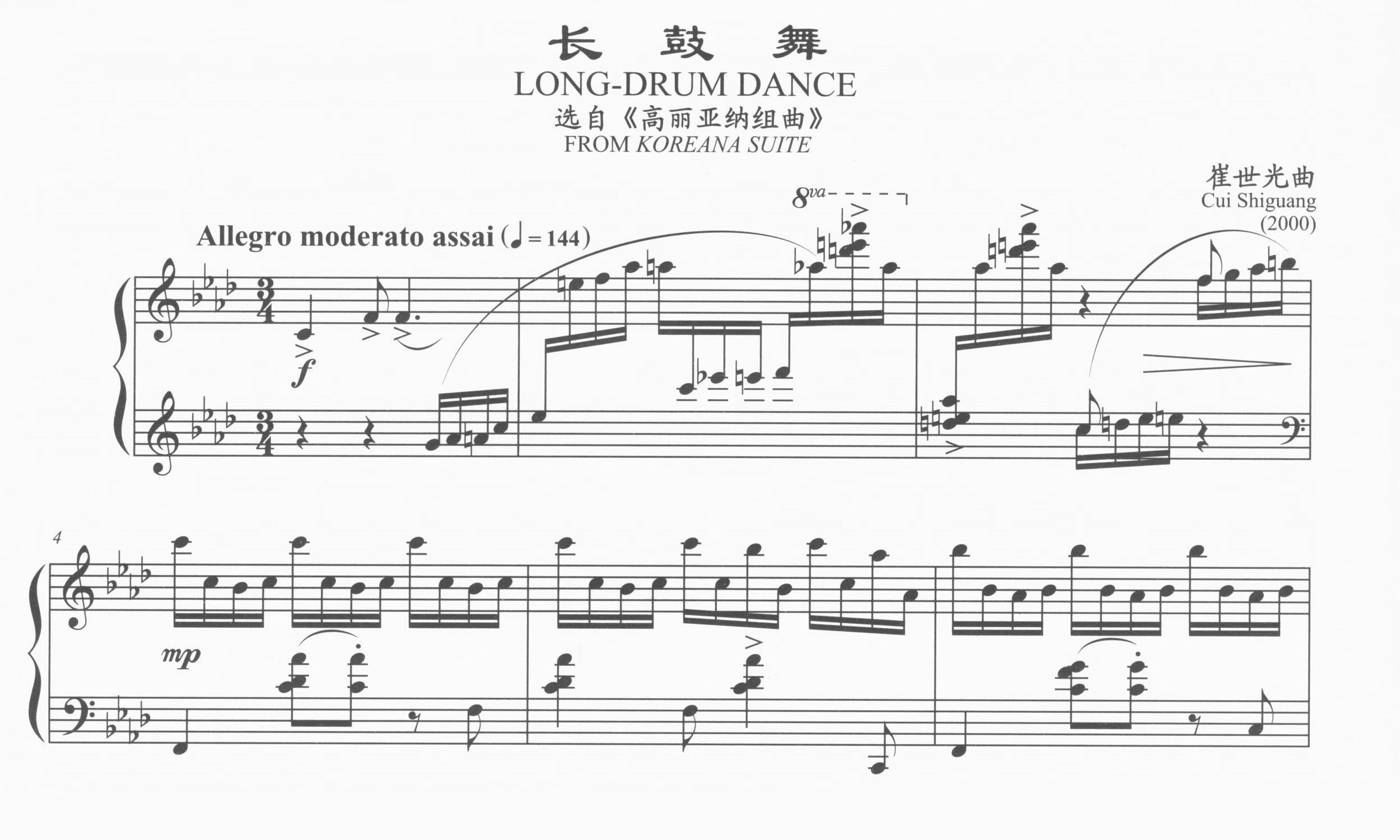 Long-Drum Dance Cui Shiguang
Long-Drum Dance Cui Shiguang -
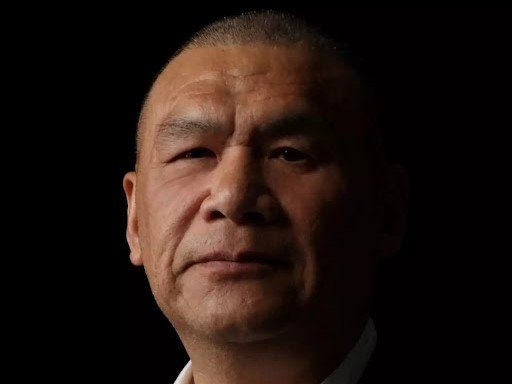 Cui Shiguang Shiguang Cui (崔世光) (b. 1948) is a Chinese composer and pianist. To celebrate the 2008 Summer Olympic Games held in Beijing, his work Concerto for Ten Concert Grand Pianos and Orchestra was commissioned by the Dean of the National Center for the Performing Arts, Mr. Ping Chen. Ten internationally-renowned pianists were invited to give the world premiere on August 19, 2008. The pianists were Claude Frank, Phillippe Entremont, Vladimir Feltsman, Louis Lortie, Yunyi Qin (秦云轶), Shikun Liu (刘诗昆), Lang Lang (郎朗), Cyprien Katsaris, Guillermo Gonzalez, and Sha Chen (陈萨).1 This piece was originally conceived as Concerto for Ten Concert Grand Pianos and Orchestra, and was composed in 2008 with the title China Jubilee (喜庆中国). The original concerto for ten pianos was never published. The only published edition of this work is for two pianos, with the second piano serving as the orchestral reduction, with a different title: Piano Concerto No. 2.2 The work contains four movements. My dissertation contains four chapters. Chapter I, a brief history of the development of keyboard instruments in China, includes information about several important pianists who contributed to the development of the piano and to Chinese piano music. Chapter II gives an overview of Shiguang Cui’s career as a composer, his works for the keyboard, and background information on the Piano Concerto No. 2. Chapter III contains a stylistic analysis of the Concerto No. 2, including pentatonic scale techniques, use of the interval of a fourth, and the employment of traditional Chinese textural techniques as well as Western rhythmic and textural compositional techniques. Chapter IV discusses the influence of Chinese traditional musical elements in the Piano Concerto No. 2. These include Chinese folksongs and dances, quotation from Chinese operas, and the influence of Chinese instruments. Piano Concerto No. 2 is an important contribution to the genre and to the development of Chinese piano music. My hope is that more Chinese works will be composed, and that more pianists will be inspired to learn and perform Cui’s Piano Concerto No. 2 as well as his solo piano music.
Cui Shiguang Shiguang Cui (崔世光) (b. 1948) is a Chinese composer and pianist. To celebrate the 2008 Summer Olympic Games held in Beijing, his work Concerto for Ten Concert Grand Pianos and Orchestra was commissioned by the Dean of the National Center for the Performing Arts, Mr. Ping Chen. Ten internationally-renowned pianists were invited to give the world premiere on August 19, 2008. The pianists were Claude Frank, Phillippe Entremont, Vladimir Feltsman, Louis Lortie, Yunyi Qin (秦云轶), Shikun Liu (刘诗昆), Lang Lang (郎朗), Cyprien Katsaris, Guillermo Gonzalez, and Sha Chen (陈萨).1 This piece was originally conceived as Concerto for Ten Concert Grand Pianos and Orchestra, and was composed in 2008 with the title China Jubilee (喜庆中国). The original concerto for ten pianos was never published. The only published edition of this work is for two pianos, with the second piano serving as the orchestral reduction, with a different title: Piano Concerto No. 2.2 The work contains four movements. My dissertation contains four chapters. Chapter I, a brief history of the development of keyboard instruments in China, includes information about several important pianists who contributed to the development of the piano and to Chinese piano music. Chapter II gives an overview of Shiguang Cui’s career as a composer, his works for the keyboard, and background information on the Piano Concerto No. 2. Chapter III contains a stylistic analysis of the Concerto No. 2, including pentatonic scale techniques, use of the interval of a fourth, and the employment of traditional Chinese textural techniques as well as Western rhythmic and textural compositional techniques. Chapter IV discusses the influence of Chinese traditional musical elements in the Piano Concerto No. 2. These include Chinese folksongs and dances, quotation from Chinese operas, and the influence of Chinese instruments. Piano Concerto No. 2 is an important contribution to the genre and to the development of Chinese piano music. My hope is that more Chinese works will be composed, and that more pianists will be inspired to learn and perform Cui’s Piano Concerto No. 2 as well as his solo piano music. -
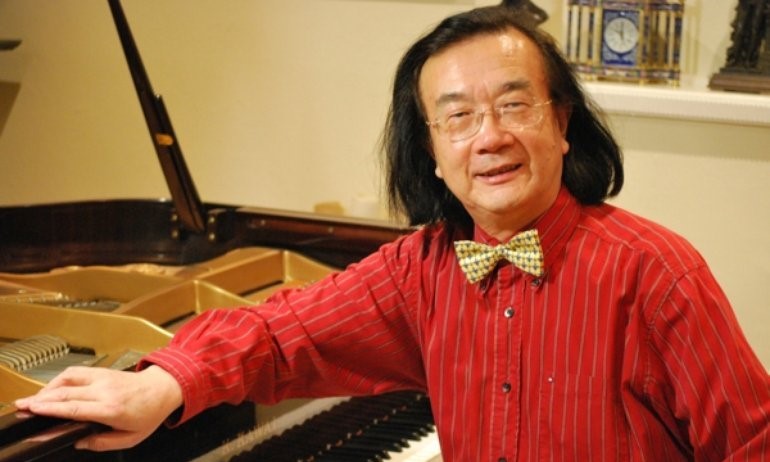 Chu Wanghua Born in China in 1941, Chu Wang-Hua’s compositions were first played at the First National Music Week of China when he was aged just 14 years old. He studied piano and composition at the Central Conservatory of Music, Beijing, and was appointed a lecturer there following his graduation. Chu Wang-Hua came to Australia in the late 1980s to pursue postgraduate studies at the University of Melbourne, where he studied composition with Peter Tahourdin, and the piano with Donald Thornton. He graduated with a Master of Music in 1986, and following further studies in Melbourne and the USA was awarded a Doctor of Music degree in 1988. He received the Albert Maggs Composition prize in 1987, and has been a represented composer with the Australian Music Centre since 1988. Since arriving in Australia Chu Wang-Hua has composed a number of pieces, including symphonies, string quartets, piano concertos, and other works. His compositions have been performed and recorded around the world. Two of his symphonies, Ash Wednesday and Autumn Cry, have been performed by the Melbourne Symphony Orchestra, while The Borderland Moon, for soprano, sextet and percussion, was performed at the First Contemporary Chinese Composers Festival in Hong Kong. His Piano Sonatina was awarded a prize at the 21st Century Chinese Children’s Piano Compositions Competition in 2000. Chu Wang-Hua was recently invited by the Chinese Cultural Council to give a number of piano recitals of his own work at Beijing Concert Hall and other venues in September 2002. His book, Selected Works for Piano by Chu Wang-Hua, published by the Music Publishing House of China, will be launched during his tour.
Chu Wanghua Born in China in 1941, Chu Wang-Hua’s compositions were first played at the First National Music Week of China when he was aged just 14 years old. He studied piano and composition at the Central Conservatory of Music, Beijing, and was appointed a lecturer there following his graduation. Chu Wang-Hua came to Australia in the late 1980s to pursue postgraduate studies at the University of Melbourne, where he studied composition with Peter Tahourdin, and the piano with Donald Thornton. He graduated with a Master of Music in 1986, and following further studies in Melbourne and the USA was awarded a Doctor of Music degree in 1988. He received the Albert Maggs Composition prize in 1987, and has been a represented composer with the Australian Music Centre since 1988. Since arriving in Australia Chu Wang-Hua has composed a number of pieces, including symphonies, string quartets, piano concertos, and other works. His compositions have been performed and recorded around the world. Two of his symphonies, Ash Wednesday and Autumn Cry, have been performed by the Melbourne Symphony Orchestra, while The Borderland Moon, for soprano, sextet and percussion, was performed at the First Contemporary Chinese Composers Festival in Hong Kong. His Piano Sonatina was awarded a prize at the 21st Century Chinese Children’s Piano Compositions Competition in 2000. Chu Wang-Hua was recently invited by the Chinese Cultural Council to give a number of piano recitals of his own work at Beijing Concert Hall and other venues in September 2002. His book, Selected Works for Piano by Chu Wang-Hua, published by the Music Publishing House of China, will be launched during his tour. -
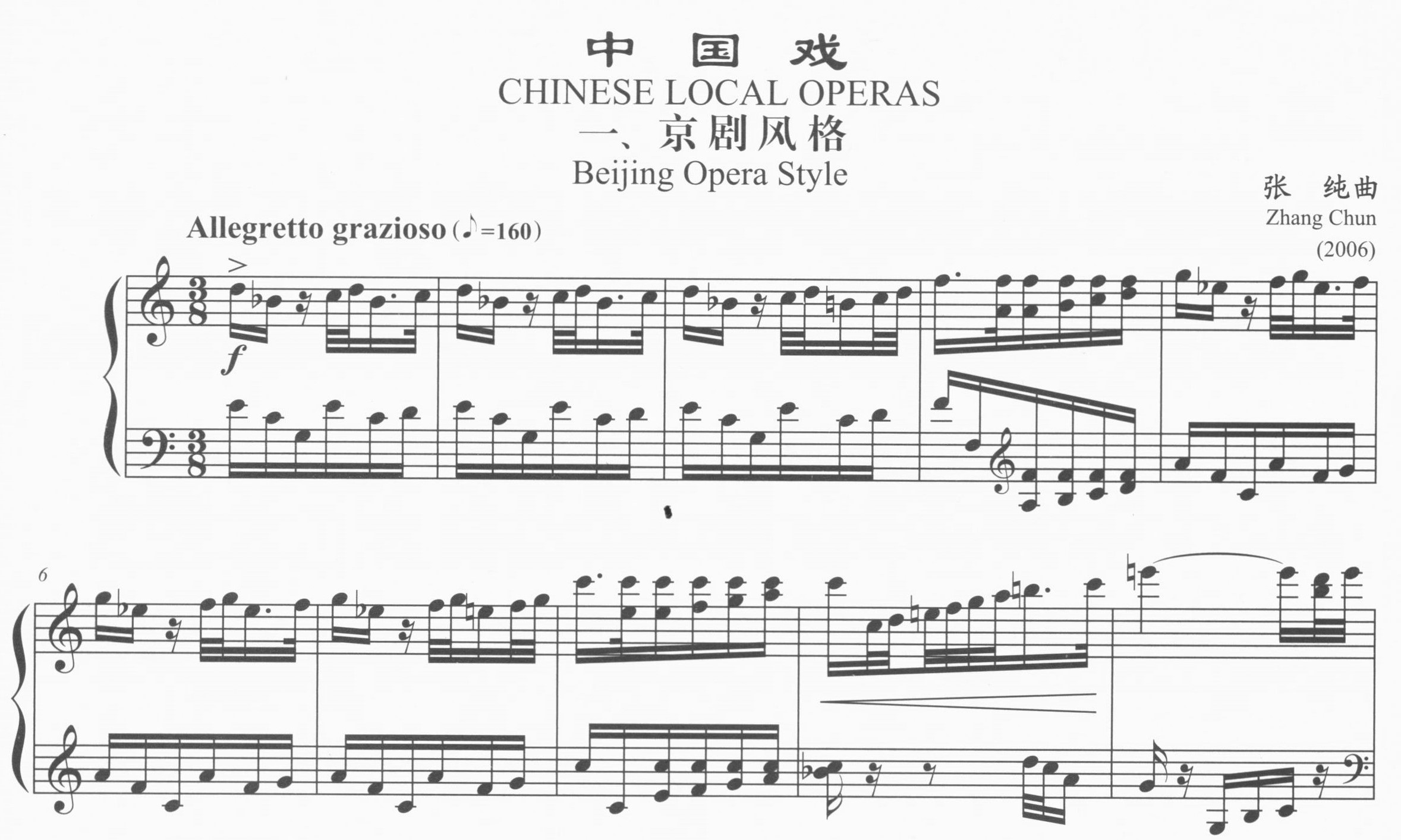 "Jiu Ye" (The Sky's Center and Eight Directions) Fang Xiaomin
"Jiu Ye" (The Sky's Center and Eight Directions) Fang Xiaomin -
 Chinese Local Operas: Beijing Opera Style Zhang Chun
Chinese Local Operas: Beijing Opera Style Zhang Chun -
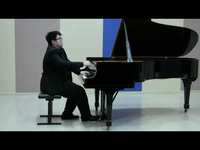 Pi-Huang (A Beijing Opera Melodic Style) Zhang Zhou
Pi-Huang (A Beijing Opera Melodic Style) Zhang Zhou -
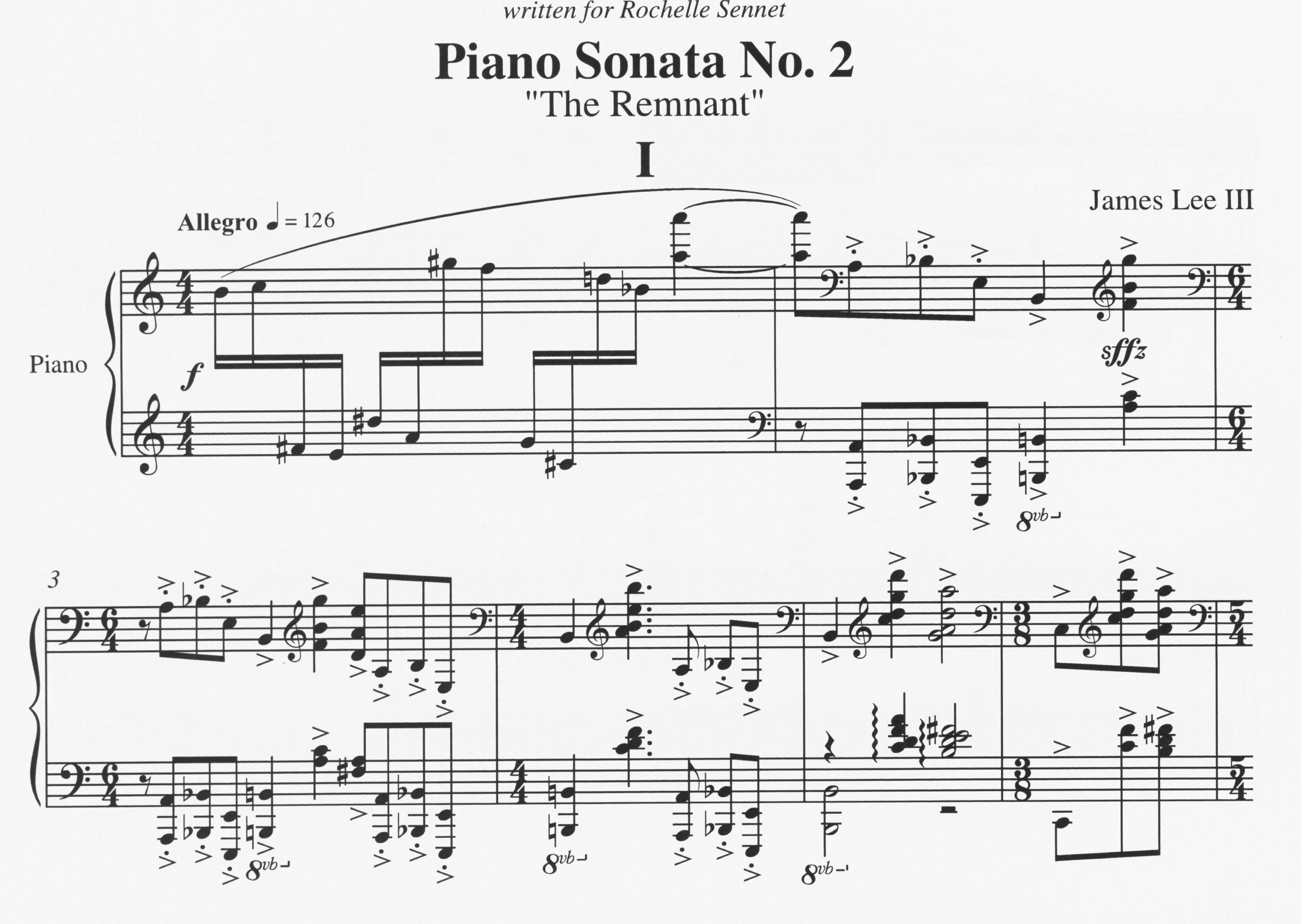 Piano Sonata No. 2: The Remnant James Lee III
Piano Sonata No. 2: The Remnant James Lee III -
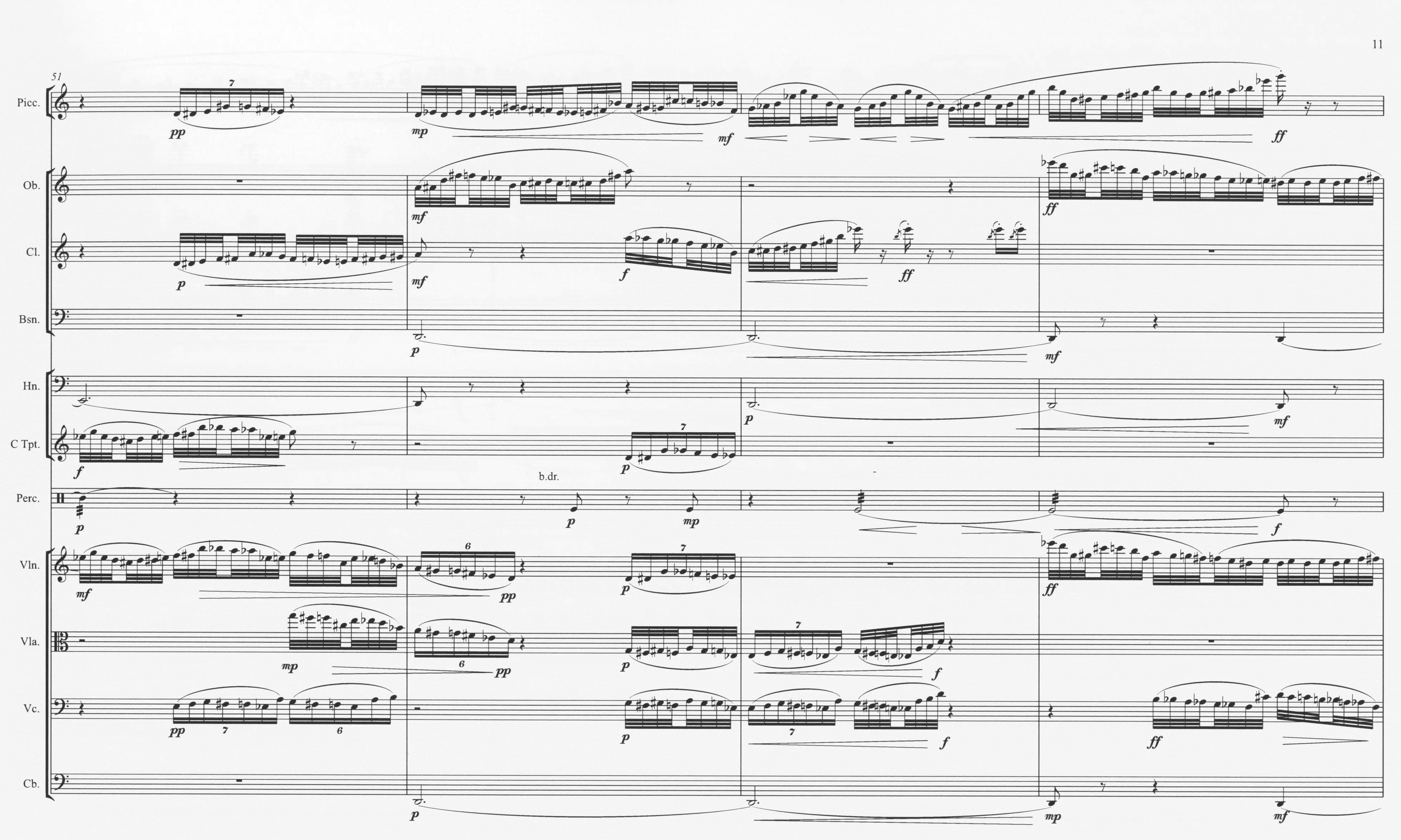 Piccolo Concertino Bun-Ching Lam
Piccolo Concertino Bun-Ching Lam -
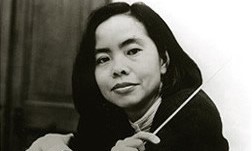 Bun-Ching Lam Described as “alluringly exotic” (The New York Times), and “hauntingly attractive” (San Francisco Chronicle), the music of Bun-Ching Lam has been performed worldwide by such ensembles as the Macao Orchestra, American Composer’s Orchestra, New Jersey Symphony, The Vienna Radio Orchestra, Hong Kong Sinfonietta and the Albany Symphony. Born in Macao, Lam has served as the composer-in-residence of the Macao Orchestra from 2008-2016. She began her piano study in her native city, then further pursued her music education in Hong Kong and the United States. She holds a B.A. degree in Piano Performance from the Chinese University of Hong Kong and a Ph.D. in Music Composition from the University of California at San Diego. She has taught at Cornish College of the Arts in Seattle, and served as Visiting Professor at the Yale University School of Music and at Bennington College. She has been recognized by numerous awards including a Rome Prize, the highest Award at the Shanghai International Composers’ Competition, two NEA grants, fellowships from the American Academy of Arts and Letters, Guggenheim Foundation and the New York Foundation for the Arts. She has received commissions from the American Composers Orchestra, New Jersey Symphony Orchestra, Hong Kong Chinese Orchestra, Macau Orchestra, Chamber Music America, CrossSound Festival, Bang On a Can Festival, Sequitur, Continuum, Ursula Oppens and the Arditti String Quartet. She also served as the Music Alive! Composer-in-Residence with the New Jersey Symphony Orchestra. Bun-Ching Lam’s work has been recorded on Mutable Music, CRI, Tzadik, Nimbus, and Koch International. She now divides her time between Paris and New York.
Bun-Ching Lam Described as “alluringly exotic” (The New York Times), and “hauntingly attractive” (San Francisco Chronicle), the music of Bun-Ching Lam has been performed worldwide by such ensembles as the Macao Orchestra, American Composer’s Orchestra, New Jersey Symphony, The Vienna Radio Orchestra, Hong Kong Sinfonietta and the Albany Symphony. Born in Macao, Lam has served as the composer-in-residence of the Macao Orchestra from 2008-2016. She began her piano study in her native city, then further pursued her music education in Hong Kong and the United States. She holds a B.A. degree in Piano Performance from the Chinese University of Hong Kong and a Ph.D. in Music Composition from the University of California at San Diego. She has taught at Cornish College of the Arts in Seattle, and served as Visiting Professor at the Yale University School of Music and at Bennington College. She has been recognized by numerous awards including a Rome Prize, the highest Award at the Shanghai International Composers’ Competition, two NEA grants, fellowships from the American Academy of Arts and Letters, Guggenheim Foundation and the New York Foundation for the Arts. She has received commissions from the American Composers Orchestra, New Jersey Symphony Orchestra, Hong Kong Chinese Orchestra, Macau Orchestra, Chamber Music America, CrossSound Festival, Bang On a Can Festival, Sequitur, Continuum, Ursula Oppens and the Arditti String Quartet. She also served as the Music Alive! Composer-in-Residence with the New Jersey Symphony Orchestra. Bun-Ching Lam’s work has been recorded on Mutable Music, CRI, Tzadik, Nimbus, and Koch International. She now divides her time between Paris and New York. -
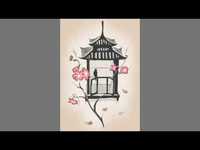 L'Oiseau Enfermé Jun Nagao
L'Oiseau Enfermé Jun Nagao -
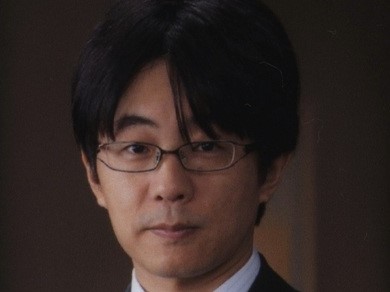 Jun Nagao Jun Nagao (Japanese: 長生 淳; born March 1, 1964) is a Japanese composer. Nagao began his career as an arranger for orchestras and wind ensembles. Today he is known for his many original compositions including several works for video games and films. He won the 2000 Toru Takemitsu Composition Award for his work entitled L'été-L'oubli rouge.
Jun Nagao Jun Nagao (Japanese: 長生 淳; born March 1, 1964) is a Japanese composer. Nagao began his career as an arranger for orchestras and wind ensembles. Today he is known for his many original compositions including several works for video games and films. He won the 2000 Toru Takemitsu Composition Award for his work entitled L'été-L'oubli rouge. -
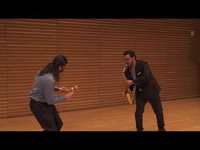 Estudio Tongolele Gabriela Ortiz
Estudio Tongolele Gabriela Ortiz

